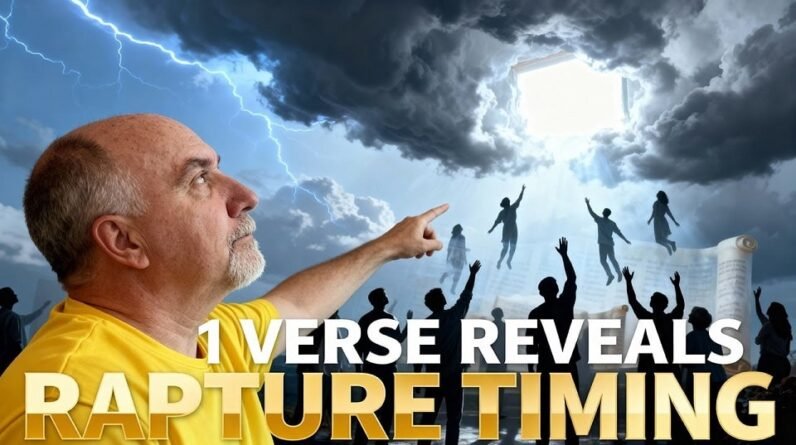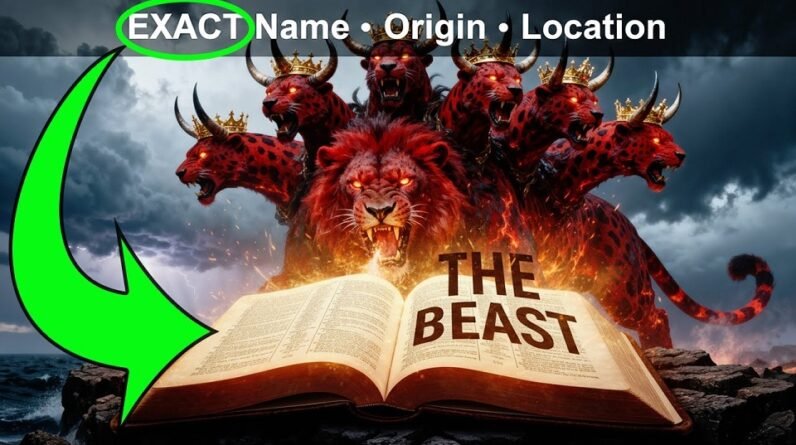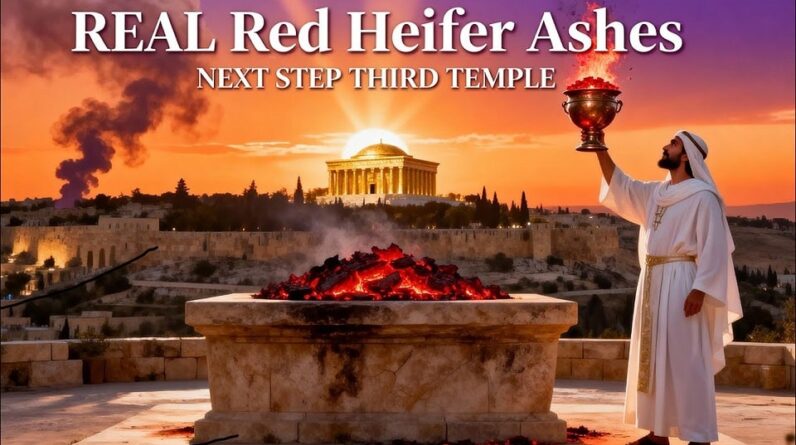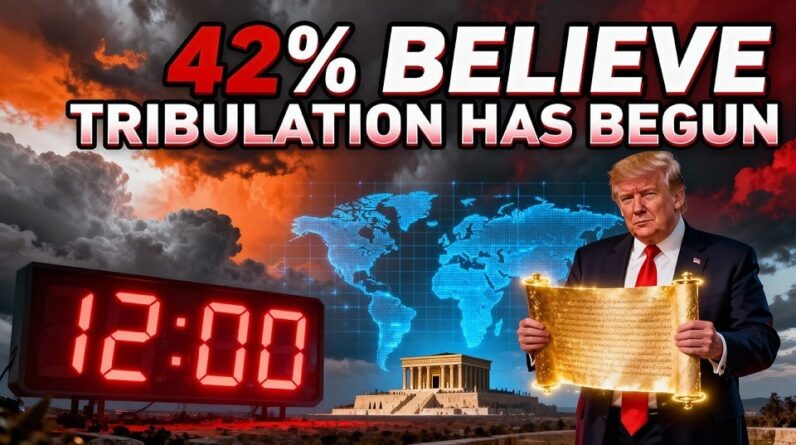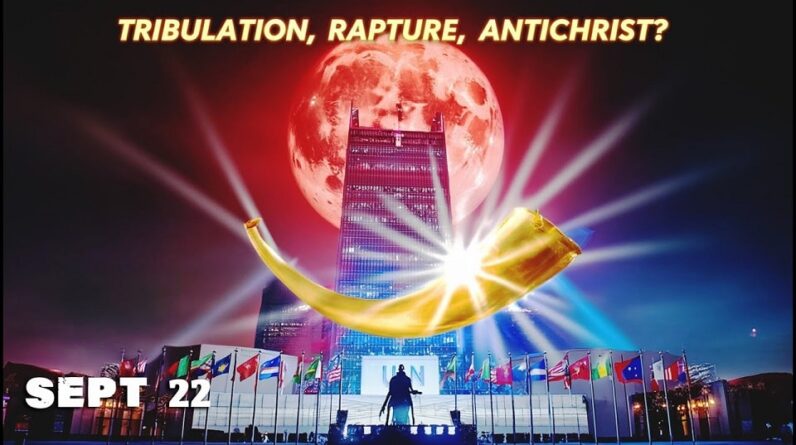In his latest video, Nelson Walters explores the significance of finding what is believed to be an original Hebrew version of Revelation, contrasting it with the traditionally accepted Greek version found in most Bibles.
Discovery of Original Hebrew Revelation Sheds New Light on Biblical Prophecies
A recent discovery of a Hebrew version of the Book of Revelation could provide fresh insights into biblical prophecy, according to Bible teacher Nelson Walters.
Historical Context
The manuscript was discovered in a surprising location: India. Early Christian communities in India were known to be familiar with Hebrew texts, including a Hebrew version of the Gospel of Matthew brought by the Apostle Bartholomew.
In 1805, Claudius Buchanan found an entire Hebrew New Testament canon in Cochin, India, which was subsequently taken to England and largely ignored for two centuries. Recently, researcher Justin van Rensburg authenticated and translated this Hebrew version of Revelation.
Authenticity and Linguistic Evidence
Walters explains that this Hebrew text is not a translation from Greek but an original document. Scholars have identified specific linguistic features that confirm its originality, such as subject gapping, Hebrew wordplay, and inverted word order. These characteristics would not appear in a mere translation from Greek, suggesting the Hebrew text’s authenticity.
Key Differences and Their Implications
Several notable differences between the Hebrew and Greek versions could reshape our understanding of Revelation. For instance, the title in Hebrew translates to “Confidential Counsels” or “Secrets,” differing from the Greek “Revelation.” This terminology is repeatedly used throughout the Hebrew text, indicating its thematic importance.
Another significant difference lies in the description of the four horses of the Apocalypse. The Hebrew text describes the fourth horse as “speckled,” aligning with the Old Testament Book of Zechariah, rather than “green” as in the Greek version. This correction could alter interpretations linking the colors to Islamic flags.
The Hebrew version also resolves a contradiction regarding night and darkness in the New Jerusalem. Where the Greek text suggests there will be no night, the Hebrew clarifies there will be no darkness, aligning with other biblical passages about day and night cycles.
Hebrew Version of Revelation – Future Implications
Perhaps most intriguing is the Hebrew version’s rendering of Revelation 1:19. The Hebrew text omits the phrase “the things that are,” challenging the traditional interpretation of Revelation’s structure as past, present, and future. This suggests the seven letters to the churches may primarily address future congregations rather than historical ones, affecting eschatological timelines.
Walters emphasizes that while the Hebrew manuscript’s physical age cannot be confirmed to predate the Greek text, its existence supports the possibility of an earlier Hebrew version. This discovery invites further scholarly examination and could lead to a deeper, more accurate understanding of biblical prophecies.
For those interested in exploring these differences in detail, Walters provides a link to Justin van Rensburg’s website, where the Hebrew Revelation and authentic Hebrew versions of the Gospels can be viewed. This groundbreaking find promises to enrich the study of biblical prophecy and enhance our comprehension of Revelation’s message.
Stay Connected with Nelson Walters
Last Days Overcomer Website – https://lastdaysovercomer.org/
Thanks for watching Original Hebrew Version of Revelation Discovered at Revelation Explained.


